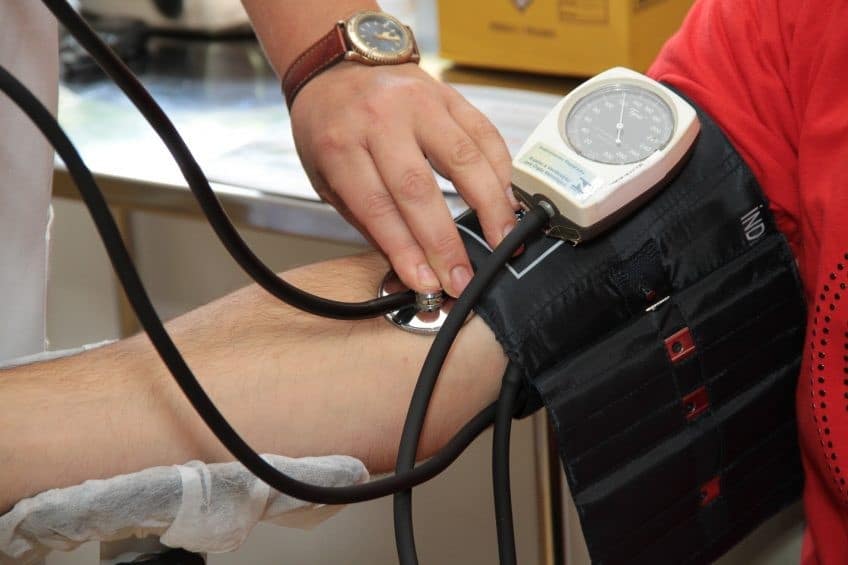Clarity On Florida’s “Reckless Disregard” Standard
Medical MalpracticeIn the case of Cantore v. West Boca Medical Center, Inc., Case Number SC15-1926, the Florida Supreme Court released a corrected opinion on April 26, 2018 providing clarity on when the “reckless disregard” standard applies in medical malpractice cases involving the immunity defense under the Good Samaritan Act in section 768.13, Fla. Stat.
Facts Of The Case
In the case of Cantore v. West Boca Medical Center, Inc., 174 So. 3d 1114 (Fla. 4th DCA 2015), the court permitted testimony from a subsequent treating doctor who said that he would have treated the patient the same even if the previous physician had exercised adequate care. Alexis Cantore was diagnosed with a benign brain tumor two years before the incident giving rise to the lawsuit occurred. She had been diagnosed with hydrocephalus which is a condition that results from a building up of excess cerebral spinal fluid within the skull.
Thereafter, she underwent a procedure called an Endoscopic Third Ventriculostomy (ETV) and scar tissue developed later as would be expected. A subsequent CT scan revealed more accumulation of fluid on her brain and another surgery was scheduled despite complaints of headaches and vomiting. Prior to the scheduled surgery, she went to West Boca Medical Center as an urgent patient.
The pediatric ER physician, Dr. Freyre-Cubano, ordered a CT that confirmed worsening hydrocephalus. Thereafter, Dr. Freyre consulted a neurosurgeon, Dr. Sandberg but described her condition as “stable.” Dr. Freyre then arranged for a helicopter to take Alexis to the hospital where Dr. Sandberg was located. During the flight, Alexis developed an acute decompensation in her neurological condition and, upon arrival, Dr. Sandberg did an emergent ventriculostomy. While this procedure saved her life, she was left with severe permanent brain damage.
Dr. Sandberg’s testimony that is at issue in this case surrounds whether the outcome would have been different if Alexis had been transported at least a few hours earlier. Dr. Sandberg’s response was that the outcome would have been the same because if Alexis had arrived alert and oriented, then he would have scheduled her for surgery either that night or the next day. Further, he said that he would have done an emergency ventriculostomy anyway when she decompensated because that occurred before the surgery would have occurred anyway.
Understandably so, the Cantores argued that the hypothetical opinions by Dr. Sandberg were improper. However, the court held that the opinions of Dr. Sandberg were proper as he was a treating physician as opposed to a pure expert.
Defense Said Outcome Would Be No Different
While medical malpractice cases are frequently a battle of the experts, the opinions given by the treating physicians are admissible. In this particular case, Dr. Sandberg gave the opinion that the outcome would have been the same because an acute herniation was rare and unexpected. Only if he had been told by Dr. Freyre that she was acutely worsening would Dr. Sandberg’s opinion have changed. The role of the jury is to determine what a reasonably prudent physician would have done under the same circumstances. This is often described as the standard of care in Florida.
Jury Found No Liability But The Florida Supreme Court Reversed
With respect to this particular case, the jury found no liability on the defendant doctor and the Fourth DCA upheld that verdict. As mentioned at the top, the Florida Supreme Court reversed and stated that it was an abuse of discretion to allow into evidence Dr. Sandberg’s deposition testimony about what he says he would have done if the child had arrived at the hospital sooner (don’t be confused by the language of the opinion-he says he would have treated her the same).
Importance Of Cantore Decision To Plaintiffs In Florida
Despite the tortured legal saga above, the importance of the Cantore decision to Florida law is that the Florida Supreme Court has provided clarity with respect to when the problematic “reckless disregard” standard applies in Florida malpractice cases.
Footnote 2 of the opinion specifically says that “[t]he threshold question in determining the applicability of the Good Samaritan Act is whether the healthcare provider was providing ’emergency services’ to the patient.” Therefore, they cannot treat the patient as a non-emergent patient and then later use the Good Samaritan Act to say that they have immunity because the patient was actually emergent. To get the protection, they must have treated the patient as an emergency patient.
Second, Footnote 2 also specifically describes that when there is a conflict about whether patient was stable (hence, whether the patient was an emergency patient or not), the jury gets to decide whether or not the patient was stable.
For Help With Your Medical Malpractice Case, Contact A Lakeland Medical Malpractice Attorney
If you or someone you know has questions regarding Lakeland, Florida medical malpractice cases, please contact a medical malpractice attorney in Lakeland, Florida.


